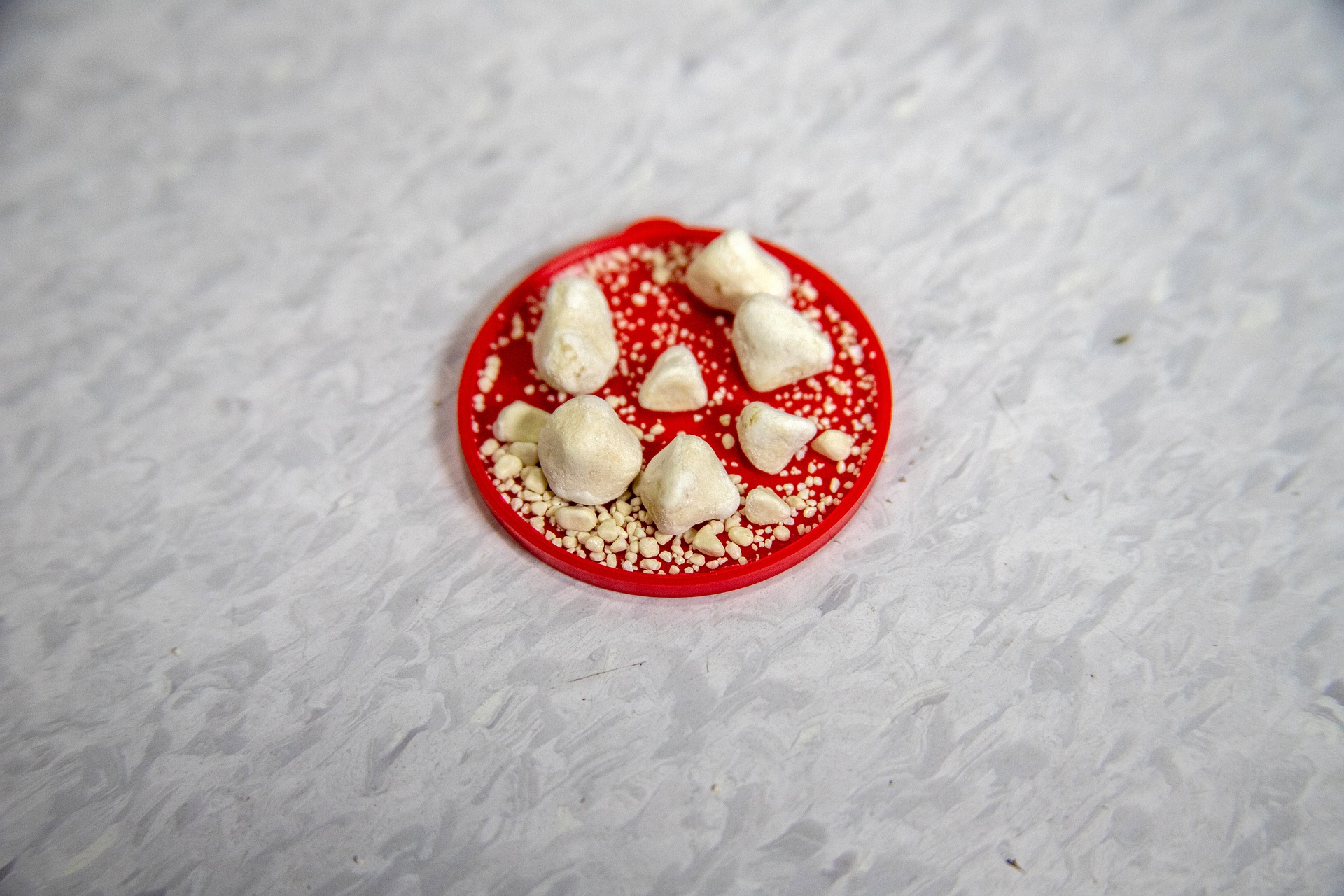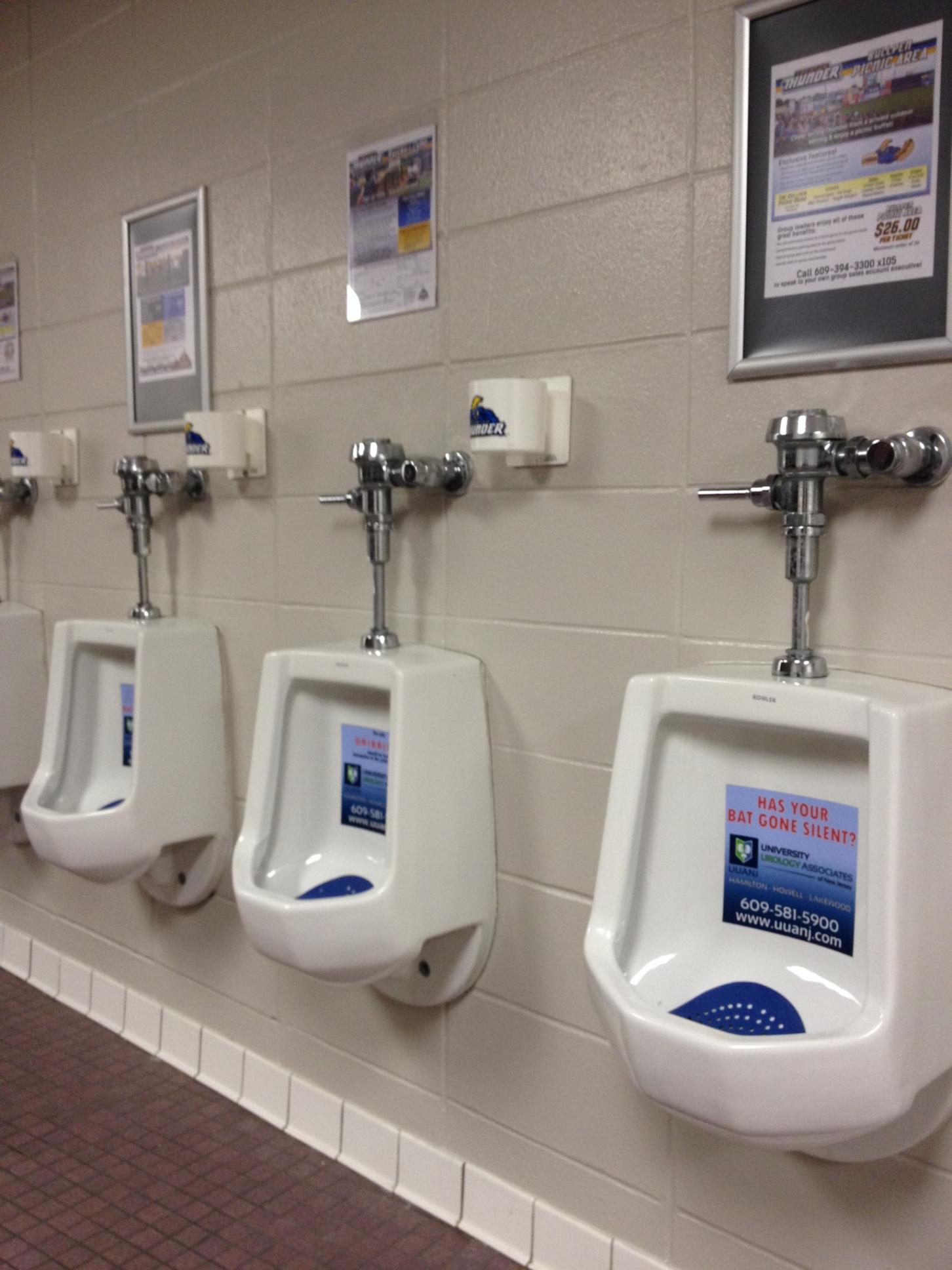Kidney cancer is a disease that begins in your kidneys. It starts as a mass, called a tumor, that develops in your kidney and causes healthy cells to grow out of control. When not treated immediately and effectively, the tumors may spread and infect other internal body parts, most commonly, your lungs, bones, and brain.
There are several causes of kidney cancer, including excessive cigarette smoking, obesity, high blood pressure, and even exposure to harmful toxins in the environment. Although kidney cancer infects your organs slowly, there are several symptoms that may help you detect it early on. Some of its early signs include hematuria, lower back pain, fatigue, loss of appetite, weight loss, fever, and, obviously, a lump on your side or lower back.
When you consider that many people suffer from kidney cancer every year, you should educate yourself on the matter to be prepared. With that said, below is a rundown about its development and the different options available in terms of kidney cancer treatment.
Some people think that kidney cancer is the same as kidney disease. These two may occur in the kidneys, but they have different complications. However, that doesn’t mean that one cannot lead to the other. In fact, some studies say that people who have kidney disease have a higher risk of developing kidney cancer. Similarly, kidney cancer survivors may suffer from kidney disease during or after their medication.
According to medical experts, these may often happen to patients who:
Although there are indeed cases that patients who have kidney cancer also suffer from kidney disease or vice versa, it doesn’t mean that everyone can have the two. If you want to reduce your risk of getting one from the other, consult the best urologist you know in your locality.
Having to deal with a severe medical condition is not just physically draining but also mentally, socially, and spiritually exhausting. That is why all patients must have the proper medication and the best support. There are many ways that you, as a kidney cancer patient, can help yourself get better holistically, including:
Kidney cancer is one of the most common diseases worldwide, but that doesn’t mean it should be normal. As a kidney cancer patient or someone caring for one, you should familiarize yourself with the basics of the disease. Doing so will help you get the right medication and support that you needed. Besides that, you should also reach out to friends, family members, and healthcare providers and organizations to help you recover quickly and successfully. Remember that the best thing you can do is to keep yourself informed and maintain a healthy lifestyle.
The University Urology Associates Of New Jersey is one of the best in terms of providing kidney cancer treatment in New Jersey. If you are looking for the best urologist to treat your condition, make sure to contact our team today. We will be more than happy to assist you.
All content found on the UUANJ.COM Website, including text, images, audio, or other formats were created for informational purposes only. The content is not intended to be a substitute for professional medical advice, diagnosis, or treatment. Always seek the advice of your physician or other qualified health providers with any questions you may have regarding a medical condition. Never disregard professional medical advice or delay in seeking it because of something you have read on this website. If you think you may have a medical emergency, call your doctor, go to the emergency department, or call 911 immediately.


